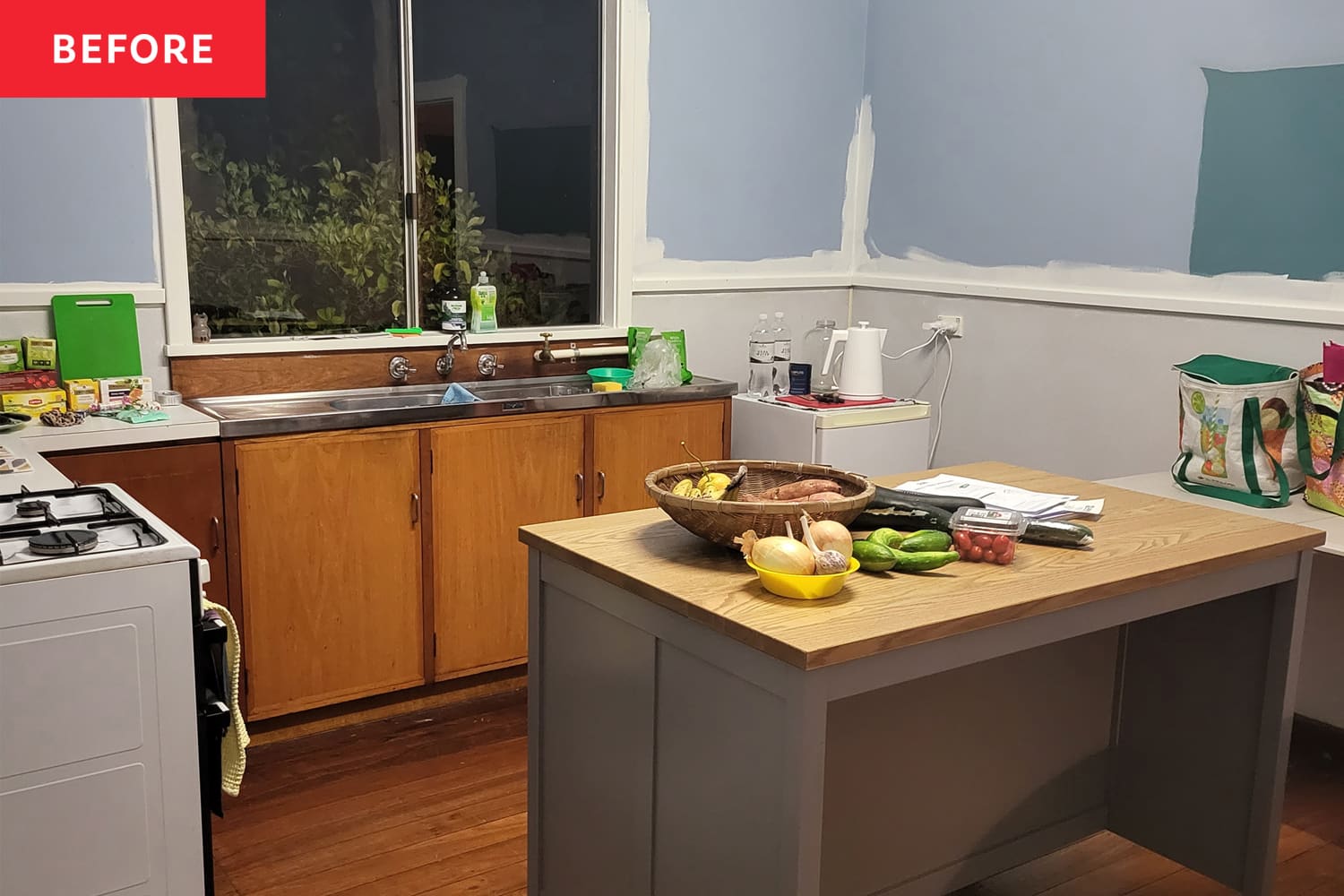
A study by the Rand Corporation revealed that prescription drug prices in the U.S. exceed those in 32 other countries by an average of 150%. One way to address this issue is by utilizing clinical trial sites in other countries that conduct numerous clinical trials each year at significantly lower costs. This can help reduce the cost of developing new drugs and ultimately lower prescription drug prices in the U.S.
Americans pay three times more for prescription drugs compared to Koreans, Portuguese, and Australians, and 3.5 times more than Slovaks, Greeks, and residents of some Baltic countries. Türkiye emerged as the country with the lowest prescription drug prices in this comparison, with Americans paying nearly eight times more than residents there.
Adjusting for per capita income explains part of the difference in international drug prices, but not all of it. One primary reason for these high prices is the extremely high cost and lengthy process of developing new drugs in the U.S. Clinical trials for a single drug in North America average $456.7 million and take about 5-20 years, depending on the disease under study.
Beyond the obvious negative impact on the health of the U.S. population, there are several indirect negative effects. The extremely high cost and long duration of clinical trials significantly slow overall scientific progress in U.S. healthcare. Specifically, this leads to decreased competition and market concentration, as only large companies can afford to conduct trials, thereby reducing competition and stifling innovation. Additionally, this limits research into rare diseases, as the high costs make conducting clinical trials for such diseases less profitable, potentially resulting in insufficient research and fewer new therapies. Moreover, there are ethical issues, as expensive clinical trials might compel researchers and companies to make compromises in patient group inclusion, raising concerns about fairness and inclusivity in research.
These negative effects underscore the need to optimize and reduce the costs of clinical trials and reform the healthcare and research processes. One possible solution is to utilize clinical trial sites in other countries where the costs are significantly lower. While the credibility of clinical trial results conducted outside the U.S. may raise some skepticism with the Food and Drug Administration (FDA), proper research oversight could make this strategy beneficial.
Countries in the CIS (Commonwealth of Independent States) currently offer an excellent price-quality ratio for clinical trials. The quality of medical services and the competence of doctors in these countries are roughly comparable to those in some European Union countries, but the cost of these services is significantly lower. For obvious geopolitical reasons, countries such as Russia, Ukraine, and Belarus are currently not appropriate for experimentation. However, other CIS countries maintain relatively high levels of healthcare.
For example, Georgia and Kazakhstan are leaders in medicine and clinical trials in their regions. Georgia, with a population of only 3.7 million, conducts 150-200 clinical trials per year. Kazakhstan, with a larger population of over 20 million and high-quality medical services, especially in cardiovascular surgery, offers promising opportunities. Clinical trials in these countries can be conducted faster due to less stringent regulatory requirements and more flexible protocols. This speeds up the approval process and trial execution, making research more accessible to companies seeking optimal conditions for testing their drugs.
Overall, these countries provide a rich selection of clinical trial sites and highly qualified medical specialists who can ensure reliable and high-quality research results. This makes them attractive to international pharmaceutical companies seeking to reduce costs and improve the speed of bringing new drugs to market.
A new venture fund, FutureMED Ventures KZ, was recently launched in Delaware, targeting promising developments in the biotech and medtech sectors. The fund’s strategy focuses on conducting more affordable and faster trials of American technologies in CIS countries, followed by further trials in the U.S. for the most effective drugs. This approach significantly reduces investment risks and accelerates scientific progress.
Utilizing clinical trial sites in countries like Kazakhstan and Georgia can dramatically lower clinical trial costs and expedite the development of new drugs and medical technologies. This strategy not only enhances the availability of innovative therapies but also fosters broader scientific progress in healthcare on a global scale. With reduced expenses, companies can invest more in research and development, exploring a wider range of potential treatments and therapies. This financial flexibility can lead to the discovery of groundbreaking drugs that might not have been feasible under the higher costs associated with trials in the U.S. and Western Europe. Furthermore, the streamlined regulatory environments facilitate faster trial initiation and completion. Less bureaucratic red tape and more flexible protocols mean that drugs can move through the trial phases more quickly, bringing lifesaving treatments to market sooner. This accelerated timeline is crucial for patients with urgent medical needs and for addressing public health crises more effectively.
International cooperation in clinical trials is an effective solution to overcome the high costs and time barriers that currently hinder the development of medical innovations in the U.S. and other countries. By leveraging the strengths of diverse healthcare systems and regulatory environments, we can accelerate the pace of discovery and bring essential treatments to market more swiftly.








